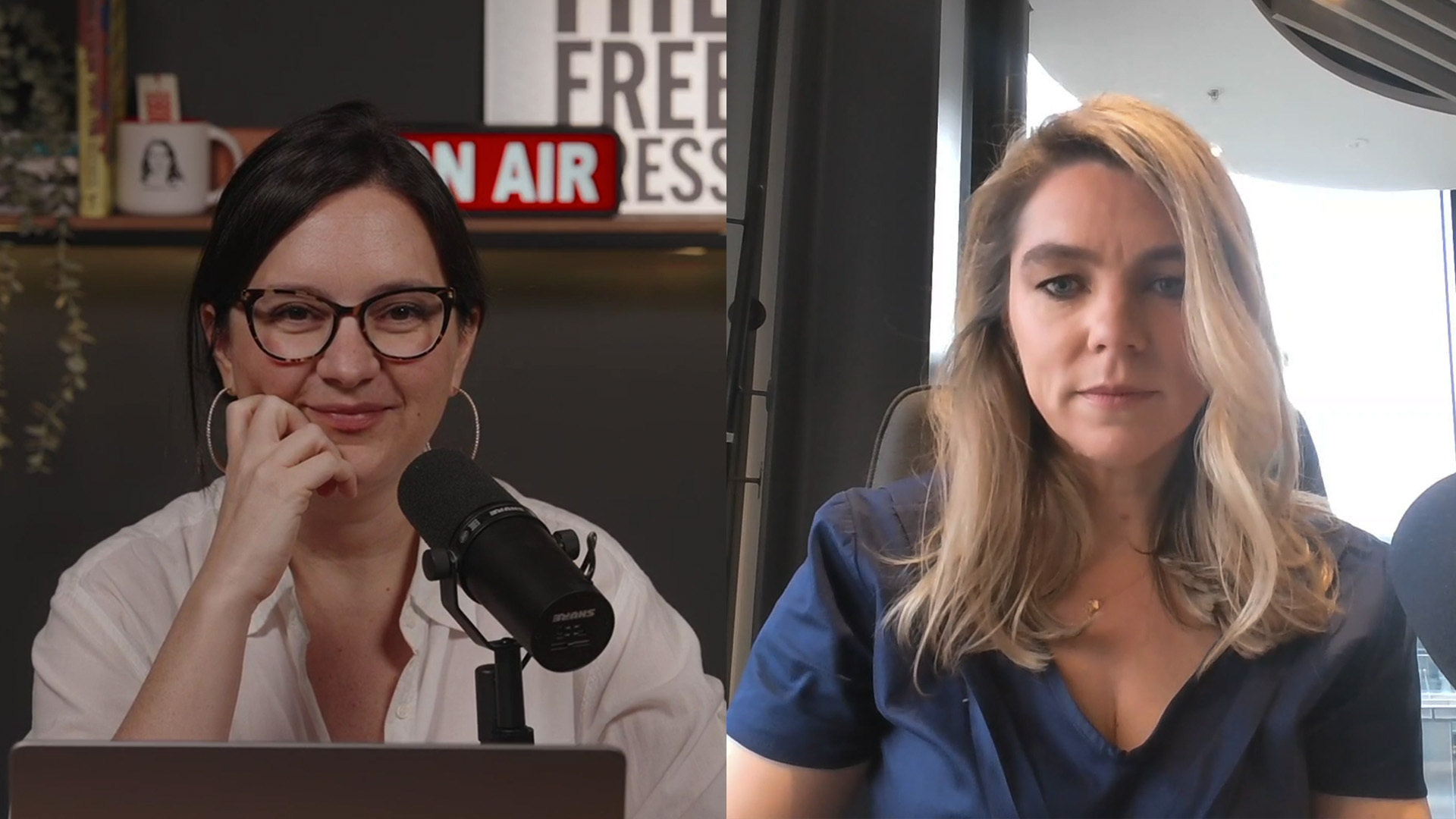Highlights from 60 Minutes' interview with the Facebook whistleblower
Data scientist Frances Haugen secretly copied tens of thousands of pages of Facebook's internal research while she worked for the company, and gave them to the Securities and Exchange Commission and to CongressThe 37-year-old from Iowa claims evidence shows the company is lying about making significant progress against hate, violence. These were some of the revelations from her interview with Scott Pelley.
Whistleblower: The version of Facebook that exists today is "tearing our societies apart"
Haugen, who's worked for 15 years for companies including Google and Pinterest, alleges Facebook was substantially worse than anything she'd seen before.
"The thing I saw at Facebook over and over again was there were conflicts of interest between what was good for the public and what was good for Facebook," Haugen said. "And Facebook, over and over again, chose to optimize for its own interests, like making more money."
Whistleblower: Facebook dissolved department focused on misinformation and elections after 2020 vote
Haugen told 60 Minutes that weeks after the 2020 election, Facebook dissolved a department called "Civic Integrity" which worked on risks to elections including misinformation.
"Like, they basically said, 'Oh good, we made it through the election. There wasn't riots. We can get rid of Civic Integrity now,'" Haugen said. "Fast forward a couple months, we got the insurrection. And when they got rid of Civic Integrity, it was the moment where I was like, 'I don't trust that they're willing to actually invest what needs to be invested to keep Facebook from being dangerous.'"
Whistleblower: Facebook entices publishers to post inflammatory content
Haugen said Facebook's algorithm optimizes for content that generates engagement. That's led to publishers, "realizing that if they produce more content that is angry and divisive and polarizing, they'll get more views," in her words.
"Facebook has realized that if they change the algorithm to be safer, people will spend less time on the site, they'll click on less ads, they'll make less money," Haugen added.
Whistleblower: Facebook employees raged about leadership after January 6 Capitol attack
After the 2020 election, Facebook was used by some to help coordinate the January 6 attack on the Capitol. Federal prosecutors have cited Facebook posts as evidence against the insurrectionists.
After the attack, Facebook employees raged on an internal message board cited by Haugen. One employee wrote, "...haven't we had enough time to figure out how to manage discourse without enabling violence?"
Report: European political parties complained Facebook is forcing them to take more extreme policy positions
A 2019 internal report seen by Haugen said major European political parties, "…feel strongly that the change to the algorithm has forced them to skew negative in their communications on Facebook… leading them into more extreme policy positions."
"You are forcing us to take positions that we don't like, that we know are bad for society," Haugen said, paraphrasing what the political parties told Facebook researchers in this report. "We know if we don't take those positions, we won't win in the marketplace of social media."
Whistleblower: Facebook research showed Instagram is worse for teenagers than other social media
Facebook's harm, Haugen said, also extends to Facebook's Instagram app. One internal study Haugen referenced in her 60 Minutes interview said 13.5% of teen girls shared that Instagram makes thoughts of suicide worse. And 17% of teen girls stated in the study that Instagram makes eating disorders worse.
"As these young women begin to consume this eating disorder content, they get more and more depressed," Frances Haugen said to 60 Minutes. "And it actually makes them use the app more. And so, they end up in this feedback cycle where they hate their bodies more and more."



